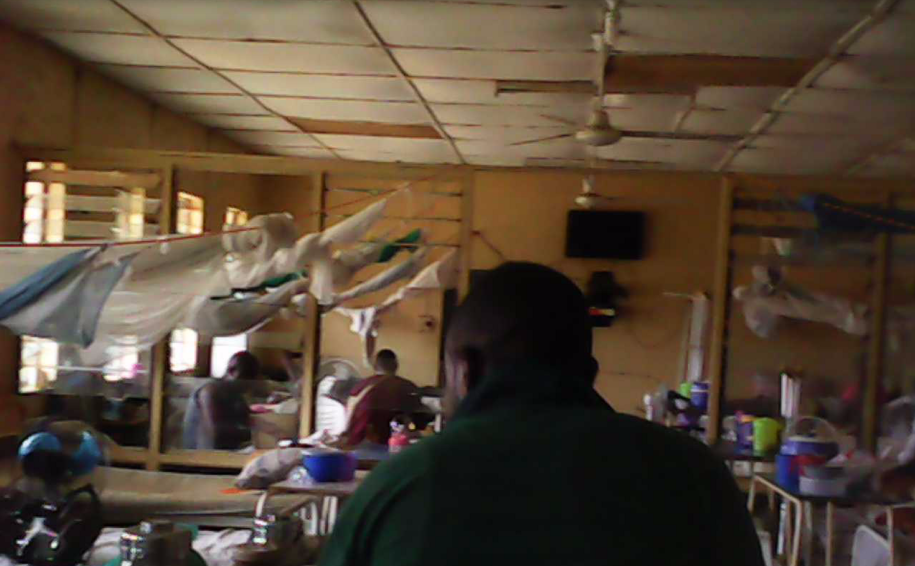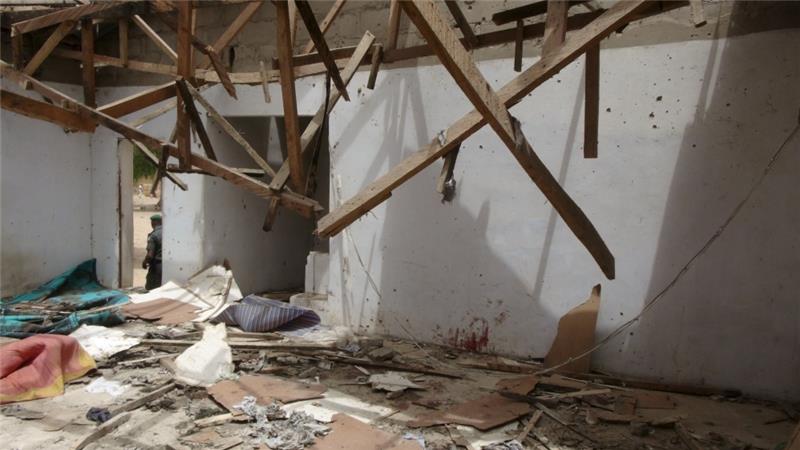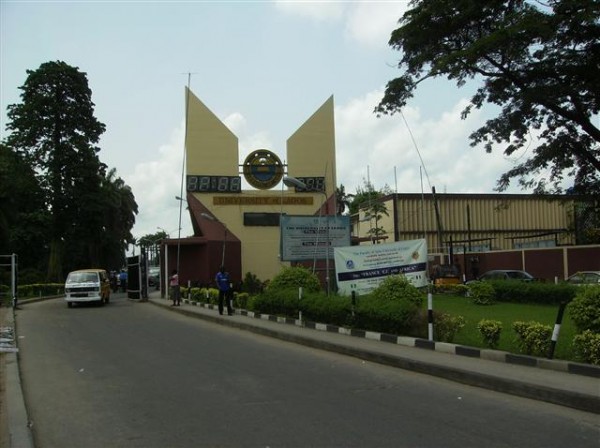BY OSITA ABANA
In the last 18 months, three ladies I know have died from childbirth-related causes in Nigeria.
In my University days, one of the brightest lecturers in my department- a PhD in Biochemistry -entered the labour room and never returned.
At an event organized by the NYSC – a little under two years ago – I was handed the year book of the batch of corps members who were about to pass out at the time. The book included a list of corps members who lost their lives in the course of their service year. I was shocked by the sheer number of corps members who had died from childbirth-related causes (in one year and in one state).
It is often said that ‘pregnancy is not a disease’, but this maxim doesn’t chime with the reality in Nigeria. While pregnancy in itself may not be a disease in Nigeria, the health system that should take care of our expectant mothers is afflicted with a chronic, debilitating disease. Yes, a lethal pestilence that has been killing expectant mothers with stealth, stubborn consistency and in staggering numbers.
The labour room should not be a theatre of fear; sadly in Nigeria, the approach of the EDD (Estimated Date of Delivery) often triggers a disconcerting spectre. Would she return? Would mother and child be fine in the end? Often times the family Pastor (or other religious leader) is engaged to ramp up his intercession. Friends and family are also enlisted to join in supplication. Celestial forces are implored to supervise proceedings in the labour room.
When an expectant mother is set to put to bed in Nigeria, heaven gets a comprehensive memo. And when she does –successfully-the first feeling is usually one of ‘relief’ before ‘joy’.
Attend ‘child dedication services’ in Nigerian churches and you would hear effusive words of gratitude to God for a safe delivery. Brethren take turns to congratulate the “sister”, ostensibly for emerging from the lion’s den unscathed. The sense of relief and survival is palpable. This reaction is wholly understandable given that the road to a labour room in Nigeria is strewn with manifold (man-made) thorns.
Advertisement
But should childbirth be an enormously dangerous undertaking (in 2017) given the advances in medical science?
Well, the answer depends on the country where the question is posed. In developed nations like the United Kingdom (that records an average of 9 deaths in 100,000 live births), the answer, of course, would be a resounding “NO”! But according to the World Bank’s 2015 maternal mortality records, perhaps the answer should be “YES” in Nigeria (as at 2015, Nigeria’s maternal mortality ratio stood at 814 per 100,000 live births. Afghanistan fared better – 396 per 100,000 live births. South Africa’s number is 138).
Death is inevitable, but death from childbirth-related causes is not. This is why the outrage that follows the loss of an expectant mother is wholly justified. But it appears that our collective outrage never translates to positive action. Rather, our outrage is of the fatalistic stripe. You can predict the cycle:
The tragic news breaks, there is an outpouring of condolences. Prayers are offered (in various tongues) for the soul of the departed, and wellbeing of the infant (if he or she survives). We remind the grieving family that “our thoughts are with them” and conclude with the famous Nigerian mantra: “it is well”. We may also quote some verses from the book of Job, reminding the grieving spouse that God sometimes allows calamities to befall good men “for it is in adversity that strength is born”.
Advertisement
Then we move on. Well, until another mother becomes a statistic. We rinse and repeat same ‘pity routine’.
But for bereaved families, there is no respite. The pain never goes away. The vacuum remains unfilled forever. For the infant who lost his or her mother, the joys of a mother’s cuddle is something they will never experience. The sweetness of a mother’s love will never be savoured.
No child should begin life this way.
The cost of an absent mother also transcends the emotional. The absence of a mother may alter the trajectory of a child’s life for ill. This is especially likely in cases where no “mother figure” steps in to groom, counsel and guide.
Read autobiographies of Barack Obama and Dr Ben Carson, and you’ll glean the potency of a mother’s influence. Who knows the number of Nigerians who ended up in prison or failed to get an education because their mother died from childbirth-related causes. Without a doubt, our society becomes poorer every time we lose an expectant mother.
It’s about time we stopped this spreading cancer that has broken many hearts and shattered many homes.
It’s about time we conducted a far-reaching assessment to determine the drivers of maternal mortality in Nigeria. I’m not proposing the creation of a committee whose report would recommend that another committee be set up.
Do we need a committee to tell us that ignorance (on the part of ill- equipped midwives) is killing expectant mothers in rural areas? Do we need a committee to recommend the provision of vital childbirth equipment for our labour rooms? Do we need to see a committee’s report before we equip our midwives with the skills they need to handle complications that may arise during childbirth? Do we need a committee to curb unprofessional practices that have become pervasive in our health care institutions? It is common knowledge that some doctors employed by government-owned hospitals prioritize their own (private) hospitals, and only make cameo appearances at their government duty posts. We also hear horrific stories about “Jezebel Nurses” who are quick to remind expectant mothers that they are not the first to be pregnant.
Childbirth-related deaths are often not from natural causes but as a consequence of lapses in our healthcare system. Yes, our mothers, sisters, relatives and friends are dying because persons in authority who have the capacity to make a difference choose, for inexplicable reasons to pay lip service and do very little to buck the appalling trend.
They are also dying because too many of us have chosen to stay silent. Yes, because we have kept silent, too many mothers are missing from too many lives and too many homes.
Advertisement
Our sisters who have gone into those labour rooms never to return may have lost their physical voices but it behoves us all to ensure that their muted protestations find expression.
We have been silent for too long.
Now is the time for all of us to speak out and fight this monstrosity.
Now is the time to demand that the government implements long-overdue reforms that would help curb the ghastly rates of maternal mortality in the Nigeria.
We must appreciate the fierce urgency of “NOW” because, in the time you have spent reading this article, hundreds of Nigerian women would have made their way to labour rooms across the country. Sadly, some of them may not live to nurse their babies.
Abana, a sustainable development professional, is based in Lagos
Advertisement
Views expressed by contributors are strictly personal and not of TheCable.
1 comments







Great article…